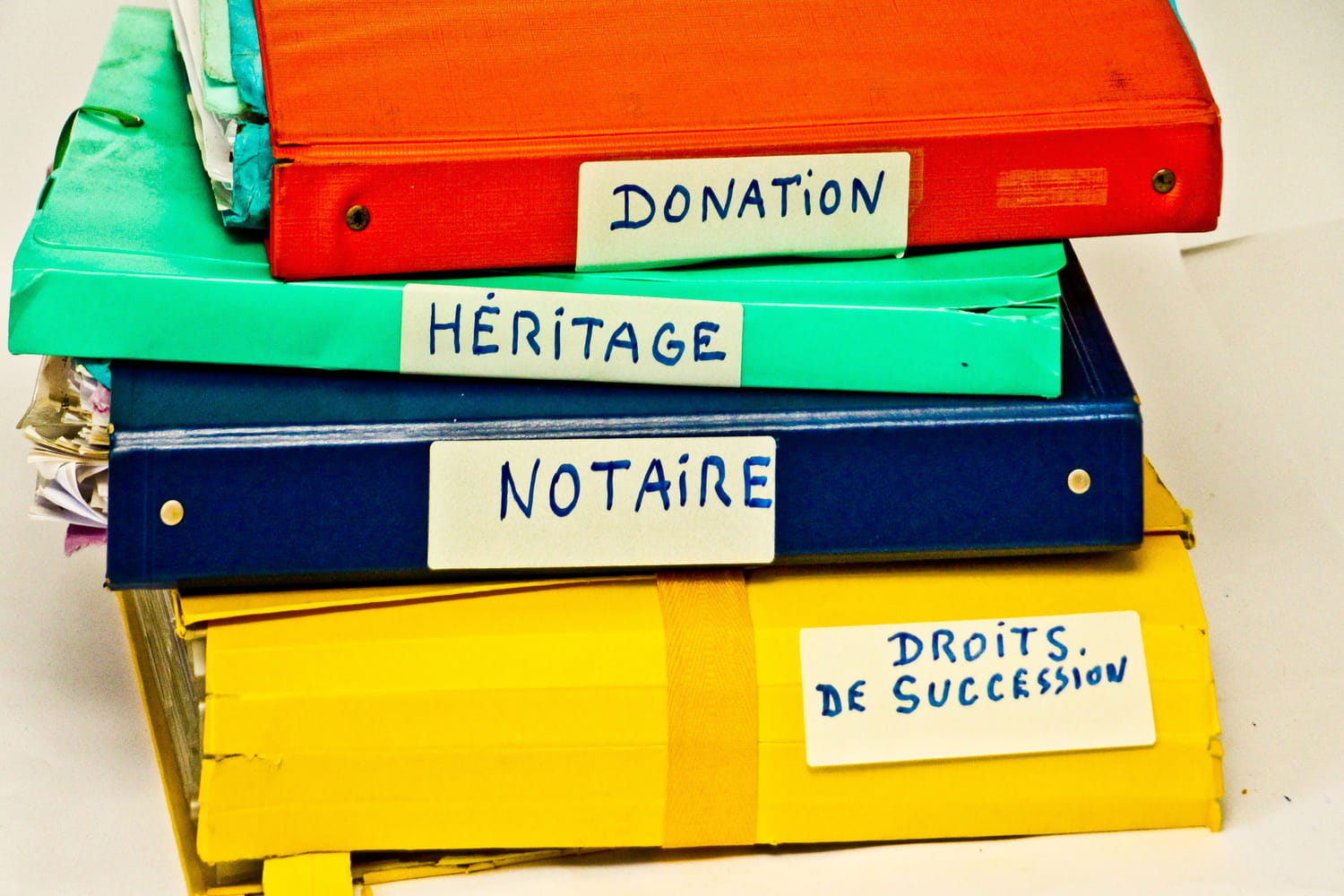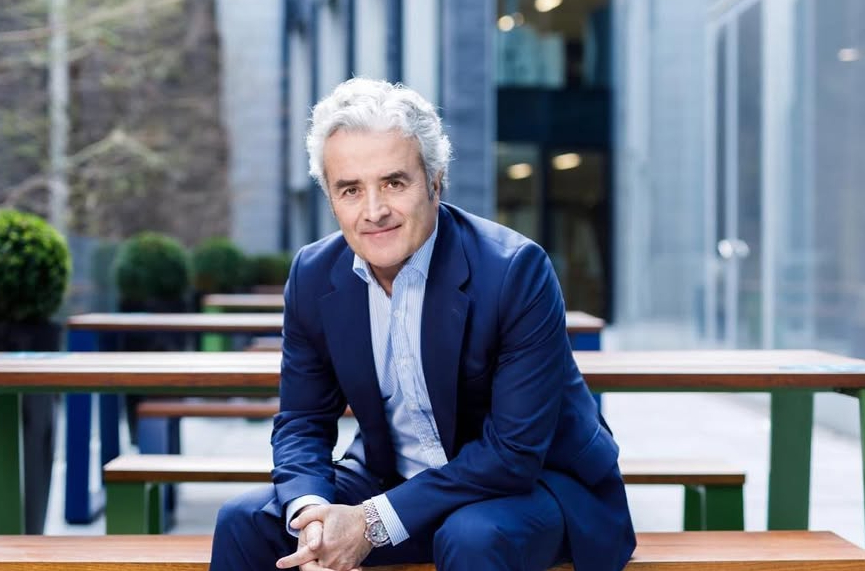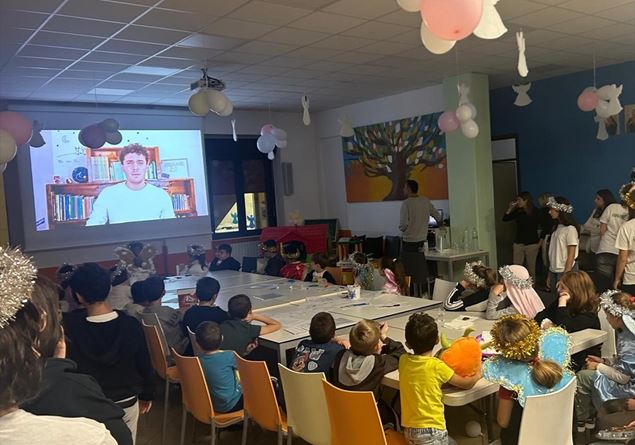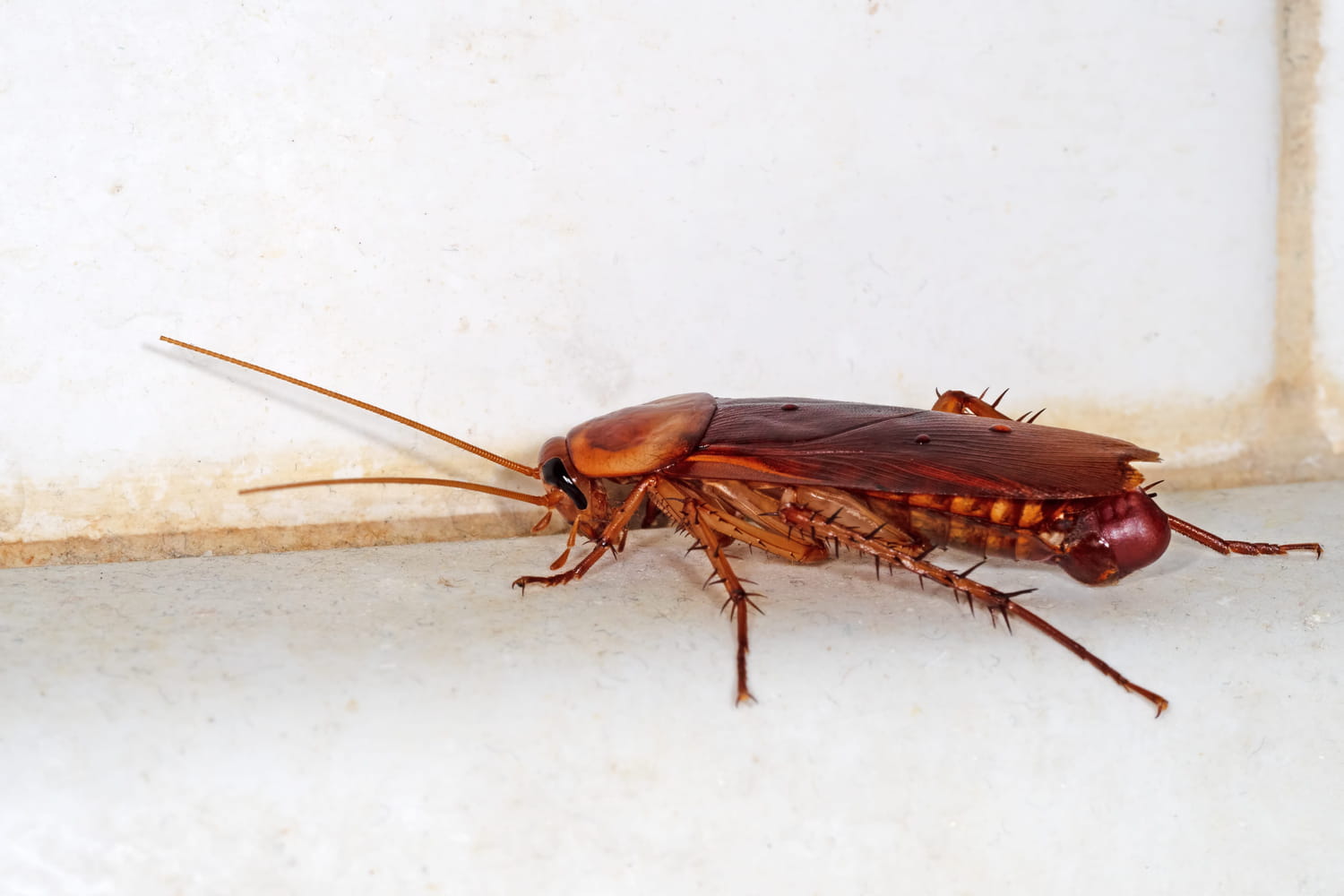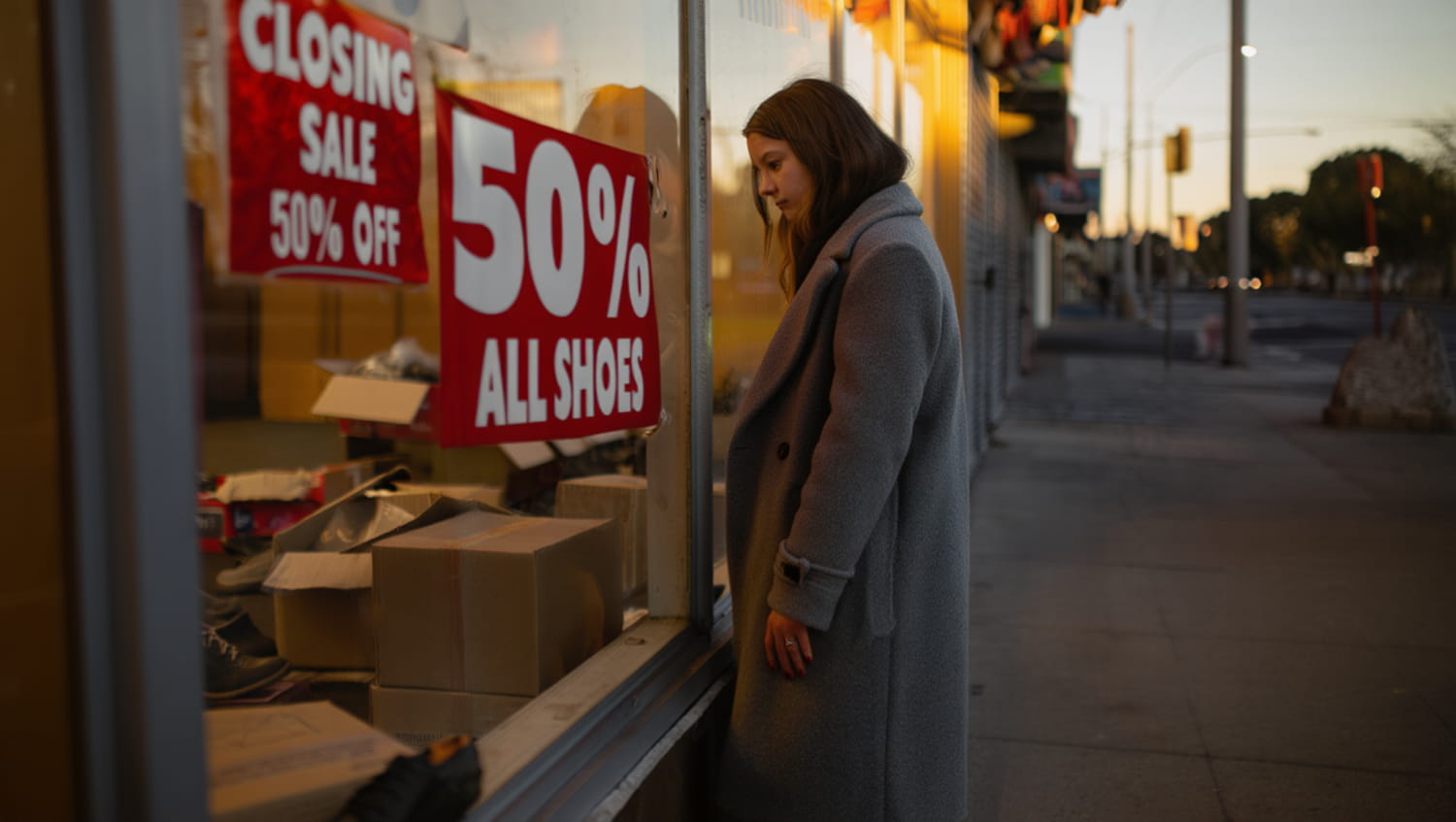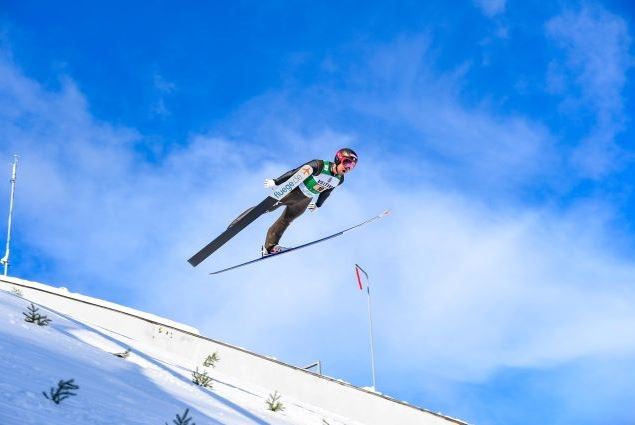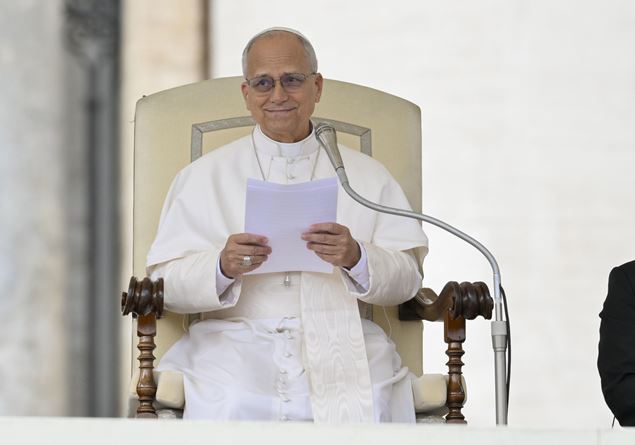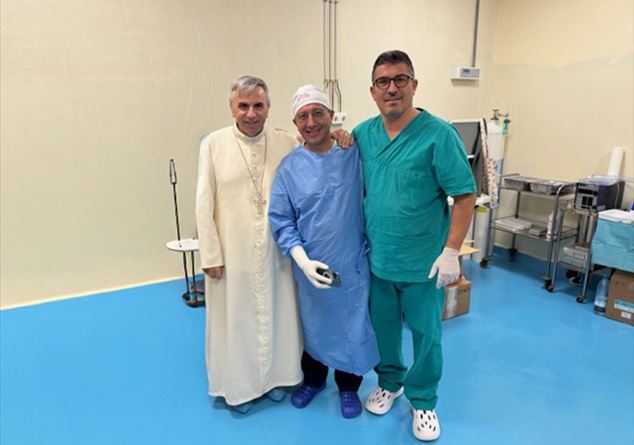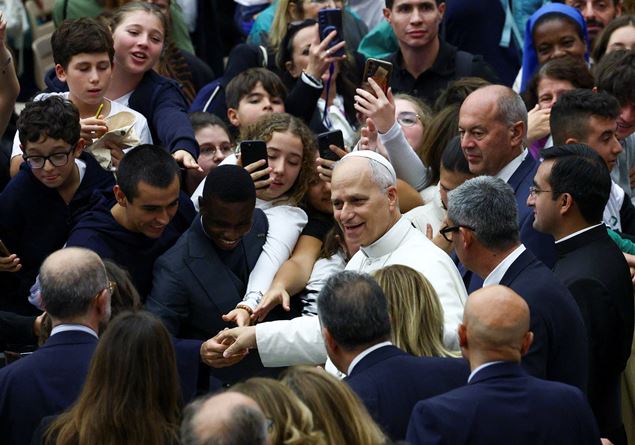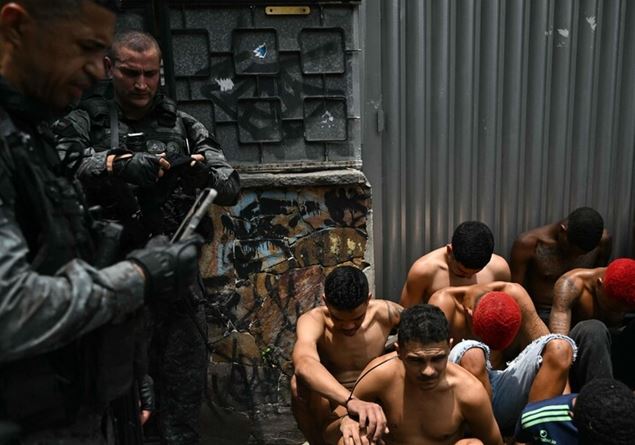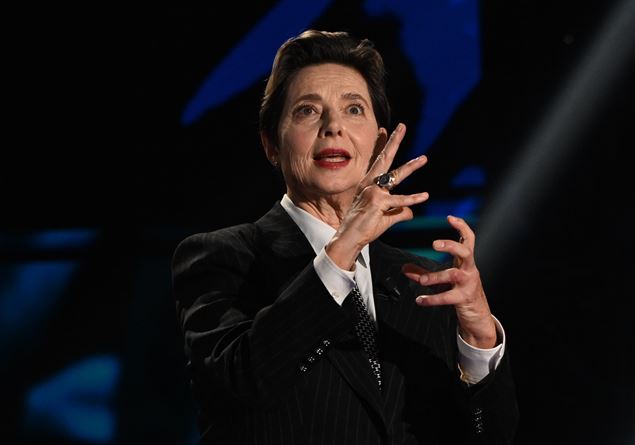Alessandro Pittin was already there in Turin 2006: caught at the last minute in the Nordic combined (cross-country skiing and ski jumping) he had bib number one in the entire Olympics. He was 16 years old and faced the horizon of pioneers, in a discipline that had previously had no Olympic tradition for Italy. He would collect four years later in Vancouver, with a bronze, the only Italian Olympic medal in the specialtyan unlikely prediction that Fc understood and is still proud of.
100 days before Milan-Cortina, which opens on 6 February 2026, he dreams of his sixth Olympics, more at home than then, given that from Carnia, starting a family, he moved to Val di Fiemme where the Olympic competition will be held.
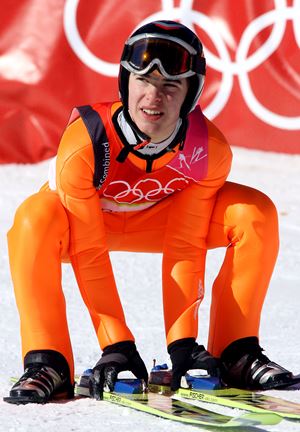
Pittin, it’s not easy to experience two Olympics in your own country. How has your spirit changed, how different is the wait?
«I was 16, now 36, there was the beginning, here the end of a journey, two totally different approaches. On the one hand you know you have your whole career ahead of you, you live the experience, the desire to be there, to see how it works, to start competing with the athletes you were watching on television until the day before. A very strong emotion: many first times, everything new, to get to know, to learn. Now the whole experience is behind us, there is the awareness of having achieved goals that were then just distant objectives. It also means knowing that not everything happens like this simply because you have achieved results in the past, but that every season you practically start from scratch: this Olympics also has to be earned, so as always I’m putting all of myself into it.”
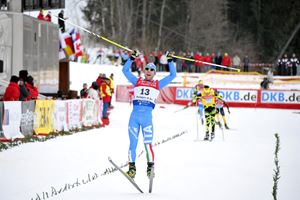
With what state of mind?
«The enthusiasm is still the same, I think it will almost certainly be the last season, so I would like to try to complete it in the best possible way. Even just being able to qualify would already be a huge achievement for me: being able to compete at home again, in an event like this, would be a fantastic thing. Another dream to come true, especially because in this case I would be competing at home, really, so it would be something special.” How long has it been since Val di Fiemme became home to a Friulian from Carnia? «For ten years, I am now an adopted Trentino. This period leading up to the Olympics has been very nice, seeing all the preparation of the structures, in the valley where I live and train, I like to think that it is the beginning of a beautiful future for this sport, everything has been improved.”
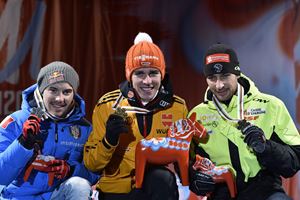
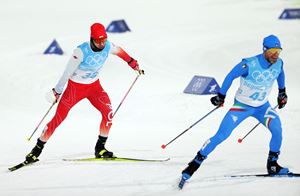
Looking back, what do you see: are the satisfactions you have achieved all you would have liked?
«When it comes to competitions, I have always given my all and I have no regrets, even if I have been affected a bit by some injuries, but this is part of the journey. What I regret a little is that not always being able to maintain good consistency on the jump would have meant even more results. But it’s not a regret because when you’ve given everything you can’t have any.”
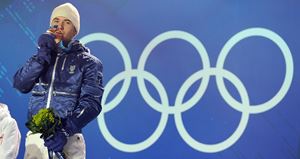
Not after bringing home the only Olympic medal in the discipline. How difficult it is when you fall on a jump to regain automaticity. Is it more a question of the head or the body’s memory?
«It’s a mental problem: the automatism of the technical gesture remains, it’s a bit like when you learn to ride a bicycle, you don’t unlearn it, however, undoubtedly, after a long stop like the last knee injury, which kept me away from the trampoline for almost a year, then you find yourself with a lot of work to do, with a season less when the athletes, especially the younger ones, have moved forward, made improvements while you find yourself chasing. Last year it was a bit of chasing the condition, trying to regain above all the feeling, the sensations with speed.”
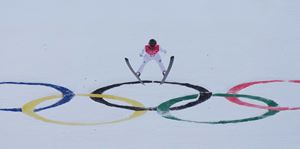
How would you define the sensation of jumping, flights exceeding 100 metres?
«It’s a very strong feeling, the adrenaline is high because when you start, when you let yourself go, you can’t stop: it’s not like in many other sports where you can maybe brake, now you’ve started so you have to make your jump and, after the take-off, finding yourself in the air with the air pressure that you feel strong under the ski and it makes you float, it makes you fly is a very beautiful feeling, especially when you know you’ve made a good jump, because you notice it immediately, it’s very very beautiful: an emotion that’s difficult to describe, difficult to convey to those who have not tried it.”
How much does twenty years of this adventure leave on the body?
«I still feel in good condition, in good shape. I realize that I’m no longer a kid due to recovery times and certain workouts that I can no longer manage like I did years ago, but in reality my body responds well. On a mental level it has certainly become a little tougher to always be on the go, to always have to prepare as best as possible, to have to take care of all the details, to always be under pressure, in the long run it becomes difficult to sustain especially since in recent years I have had a family at home and the priorities become different. I have a four-year-old daughter and since she’s here it’s a little harder for me to have to constantly travel for competitions and training.”
Is the feeling of the first real jump from a large trampoline more frightening or that of being on the verge of making the leap beyond competitive sport in life?
«They are different emotions. This summer we made our first jumps on the new trampolines in Predazzo, redone for the Olympics. There was the strong emotion of returning to a trampoline and above all of jumping on a trampoline that had not been tested until that moment: it is very adrenaline-filled to be the first, and it was an experience never tried before. On the other hand it is obviously difficult to face the thought of moving on to a completely different life after so many years, you have to make peace with the fact that a day will come when you will have to tell yourself tomorrow everything will change and there is no going back. It’s a change that’s a little scary, but the fact that as time passes, today’s routine is more difficult to manage, also creates curiosity and a desire to change.”
What will he do when he grows up?
«I don’t have completely clear ideas yet, I would certainly like to stay in the sports field but first of all, when the time comes I will need to take a break, to disconnect and then little by little I will see what prospects are offered to me, being able to lend a hand in the sector would still be important for me».
